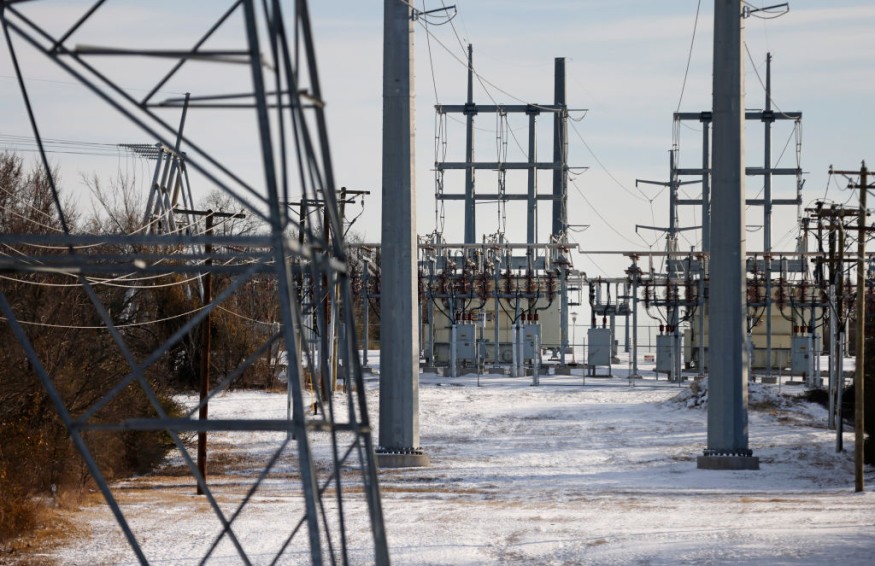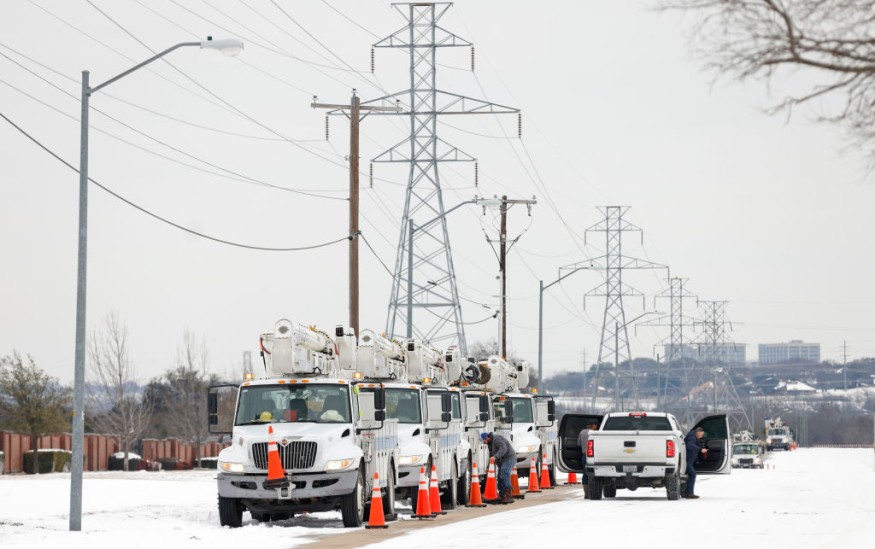The International Energy Agency (IEA) gave a somber picture to European politicians and energy professionals on June 8th in Copenhagen at its annual energy efficiency conference.
For the impending winter, Europe is unprepared. The challenging job facing governments in Europe is to simultaneously obtain the necessary energy for the winter and relieve consumers of the burden brought on by rises in gas and energy costs.
This is a Herculean effort, especially with the growing inflation rate.

Record-Breaking Heat Waves
Record-breaking heat waves have made it harder for Europe to store gas and coal for the winter. The "9-Step Plan to Save Energy, Ukraine, and the Planet," developed jointly by the European Commission and the IEA, aims to balance abnormally high summer energy consumption, environmental activities, and predictable increases in winter energy use.
Germany has already declared an energy emergency and is prepared to intensify it. Businesses and the general people are urged to reduce their use as several nations face the possibility of electricity blackouts. It makes sense that Russia would shut down Nord Stream 1 for technical reasons and that Nord Stream 2 would not proceed.
Before the Russian invasion of Ukraine in February 2022, Gazprom and Rosneft supplied more than 32% of German gas.
Planning for Potential Situations

While planning is necessary for Europe, the 9-Step Plan's emphasis on consumer energy consumption, which includes recommendations like "Use public transportation" and "lower down heating and air conditioning," does not give cause for optimism. As President Jimmy Carter can attest, asking people to make sacrifices for foreign policy efforts without their support is a questionable idea.
Such a strategy can only be successful in situations where there is a rise in popular wills, such as in London during the Blitz, Israel under siege from its neighbors, or South Korea under threat from the North, where there is an existential threat that inspires a shared sense of action and sacrifice.
Even if it were to work, abdicating one's responsibilities by depending solely on customers to alter their routines and carry their share of the load this winter is irresponsible. Increased baseload production is the only option.
Germany has established a "Gas Replacement Reserve" law that would transition the nation to a hybrid rationing regime. This law aims to alleviate the severe energy crisis in the winter while also allowing gas storage tanks to expand their reserves to lessen winter's pressure. It is paired with the reinstatement of coal power plants into the German energy network.
This regulation formally recognizes coal as a temporary power source until new gas, oil, and renewable energy sources can be developed in Europe. From Berlin, this policy change will spread to other European cities.
Winter in Europe will bring more than simply chilly houses. Increased energy costs and supply shortages will unavoidably affect industrial output and result in severe economic issues.
Different European strategies are being tested to address this hazard and assist customers. While Belgium and Germany choose to lower their energy taxes, Austria and France have implemented energy voucher programs.
Unprepared for the Worst
However dire the energy situation is in Western Europe, it is much worse in Ukraine. The nation is experiencing a humanitarian crisis due to Russia's indiscriminate attacks on citizens and infrastructure designed for national defense.
Ten million Ukrainians displaced from their homes live in temporary camps unprepared for winter. If there isn't better preparation, a 50 percent decline in energy output paired with General Winter, a longtime friend of Russia, would be catastrophic for Ukraine and all of Europe.
Unfortunately, proper planning is easier said than done. There is no simple way out of this situation. Although the use of dirty energy will increase due to the return of coal to Europe, the need for it may be driven by impending security worries. .
Related Article : Experts are Saying that Renewable Sources are Not Enough to Solve Europe's Energy Crisis
For more environmental news, don't forget to follow Nature World News!
© 2025 NatureWorldNews.com All rights reserved. Do not reproduce without permission.




